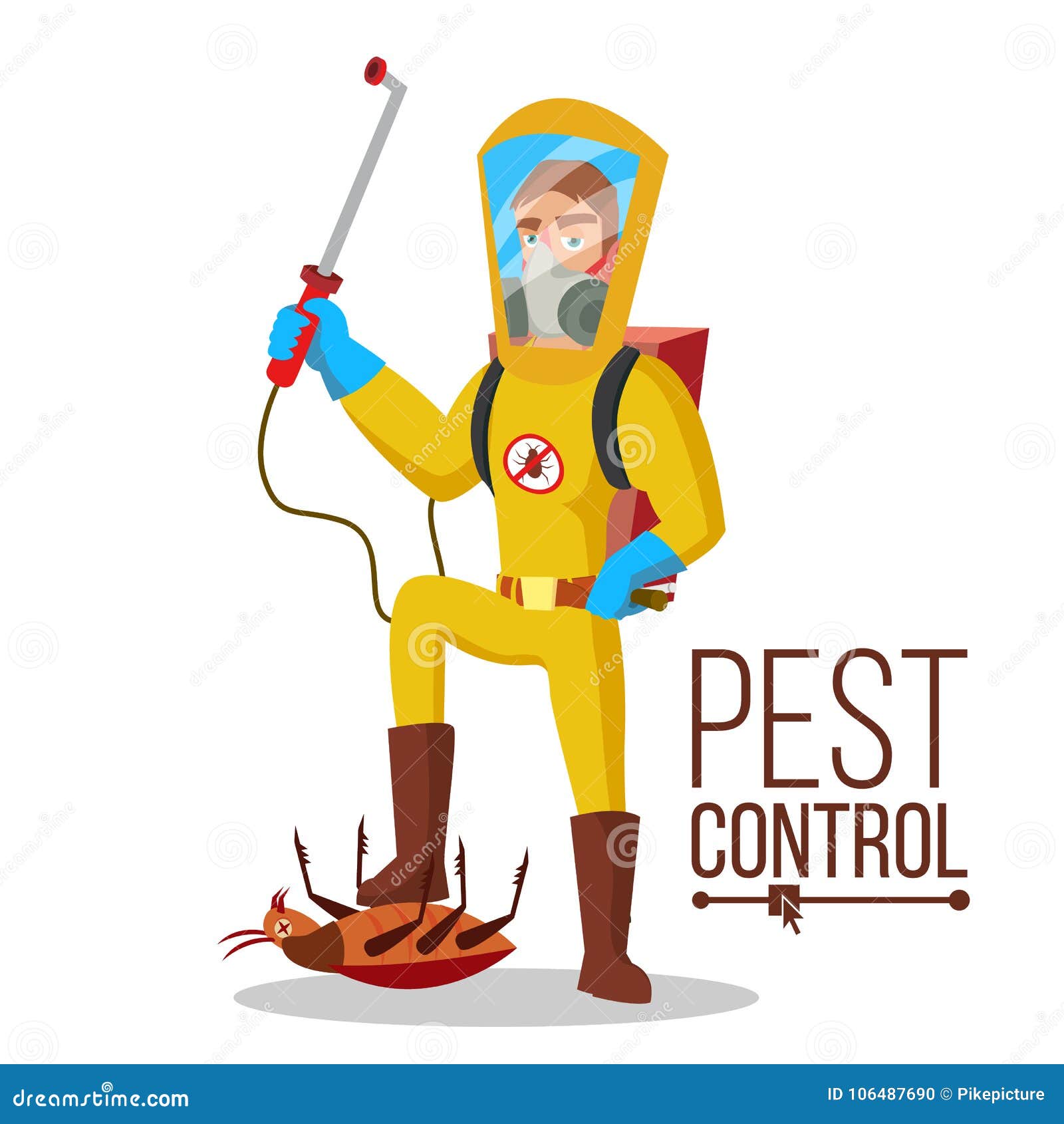Pest Control for Gardeners: Safeguarding Your Plants
As a gardener, one of the most fulfilling experiences is watching the plants you care for prosper and grow abundantly. However, the peaceful allure of a well-tended garden can rapidly be interrupted by the presence of pests. Whether it's those pesky aphids nibbling on the blooms you cherish or hungry caterpillars your vegetables, being equipped to handle these unwanted visitors is vital for keeping a thriving garden. In this guide, we'll examine ways to control pests that protect your plants while maintaining your garden sustainable.
Recognizing the frequent pests that target gardens and their behavior is the first step in avoiding pest problems. Many gardeners opt for natural pest control solutions that are non-toxic for both plants and pollinators. By adopting the right strategies, you can relish the charm of your garden without the worry of pests infiltrating. In the following sections, we will delve into different techniques to keep your plants safe and vibrant, guaranteeing your garden remains a source of joy year after year.
Crucial Pest Management Tips for Gardeners

To maintain a vibrant garden, it is crucial to implement efficient pest control strategies that protect your vegetation while reducing harm to the ecosystem. Start by inviting beneficial insects such as ladybirds and lacewings, which instinctively control frequent pests. Planting flowers like calendula and nasturtiums can draw in these helpers and provide a organic balance. Additionally, think about utilizing companion planting, where particular plants are cultivated closely in proximity to discourage specific pests.
Routine inspection of your plants is crucial for prompt identification of pest concerns. Check your garden often for indicators of pest presence, such as damaged leaves or faded foliage. Immediate action can avert a minor problem from growing into a bigger one. If you see pests, use a soft soap solution or neem oil as a natural treatment alternative. These remedies are successful yet safe for most beneficial insects when applied correctly.
Proactive measures are key to maintaining pests at bay. Rotating crops each season can interrupt pest generations and lower the chance of pest outbreaks. Additionally, maintaining healthy soil through composting and mulching enhances plants, making them less vulnerable to pest issues. Make sure that you are watering appropriately and only as needed, as overwatering can invite pests like slugs and snails. By implementing these crucial tips, you can cultivate a healthy and blooming garden without noxious pests.
Organic and Eco-Conscious Strategies
When it comes to pest control in your garden, many gardeners are searching for methods that are not only efficient but also safe for the environment. One of the most straightforward ways to prevent pests is to encourage helpful insects that prey on them. Lacewings, lacewings, and beneficial wasps are fantastic allies in the fight against typical garden pests. By planting a diverse range of plants and herbs, you can draw these helpful insects and create a stable ecosystem that reduces pest issues.
Essential oils are another strong tool in natural pest control. Oils such as peppermint, lavender, and melaleuca are renowned for their pest-repelling properties. Mixing a couple drops of these oils with water and a small amount of dish soap can create an effective spray that helps keep away unwanted garden visitors. Be sure to try any spray on a minor area of your plants at first to ensure there are not any negative effects. Frequent applications during intense pest season can significantly lower infestations.
Finally, incorporating tangible barriers can provide an eco-friendly solution to pest problems. Floating row covers, mesh, and even basic handpicking can protect your plants without the use of chemicals. These methods are particularly effective against bigger pests like caterpillars and insects. Ongoing maintenance, such as picking off debris and maintaining plants healthy, also plays a crucial role in minimizing pest attraction in your garden. Together, these natural solutions can create a flourishing garden that remains pest-free while being friendly on the planet.
Season Prevention Strategies
The spring season is a vital time for pest prevention, as higher temperatures revive dormant insects. To protect your garden, begin by carrying out a comprehensive inspection of your plants for early signs of pests like whiteflies or worms. You can employ natural pest management solutions such as tea tree oil or insecticidal soap to control invasions before they intensify. Additionally, keeping proper plant spacing and providing adequate air flow can restrict pest development. Regularly removing https://dev-westudy.accedo.gr/members/pastetrial7/activity/2497469/ and dead plant material also helps reduce likely breeding grounds for undesirable insects.
As summer rolls in, the heat brings a different set of challenges. Mosquitoes and sugar ants can become especially troublesome during this season. To keep these pests at bay, think about using repellents and traps specifically made for them. You can also invite beneficial insects like lACEwings and hoverflies to your garden, as they feed on common pests. Make sure that pools of water is cleared to reduce mosquito and keep up with regular garden upkeep to deter pest invasions.
When fall arrives, pests start seeking shelter from the cold, making it vital to pest-proof your garden and home. Close cracks and crevices around windows and doors to prevent invasion. Within, store food in sealed containers to deter mice and pantry pests. Pay close attention to your garden, removing spent plants and debris that could attract overwintering insects. By adopting these methods throughout the year, you can maintain a thriving garden and shield it against problematic pests all year.